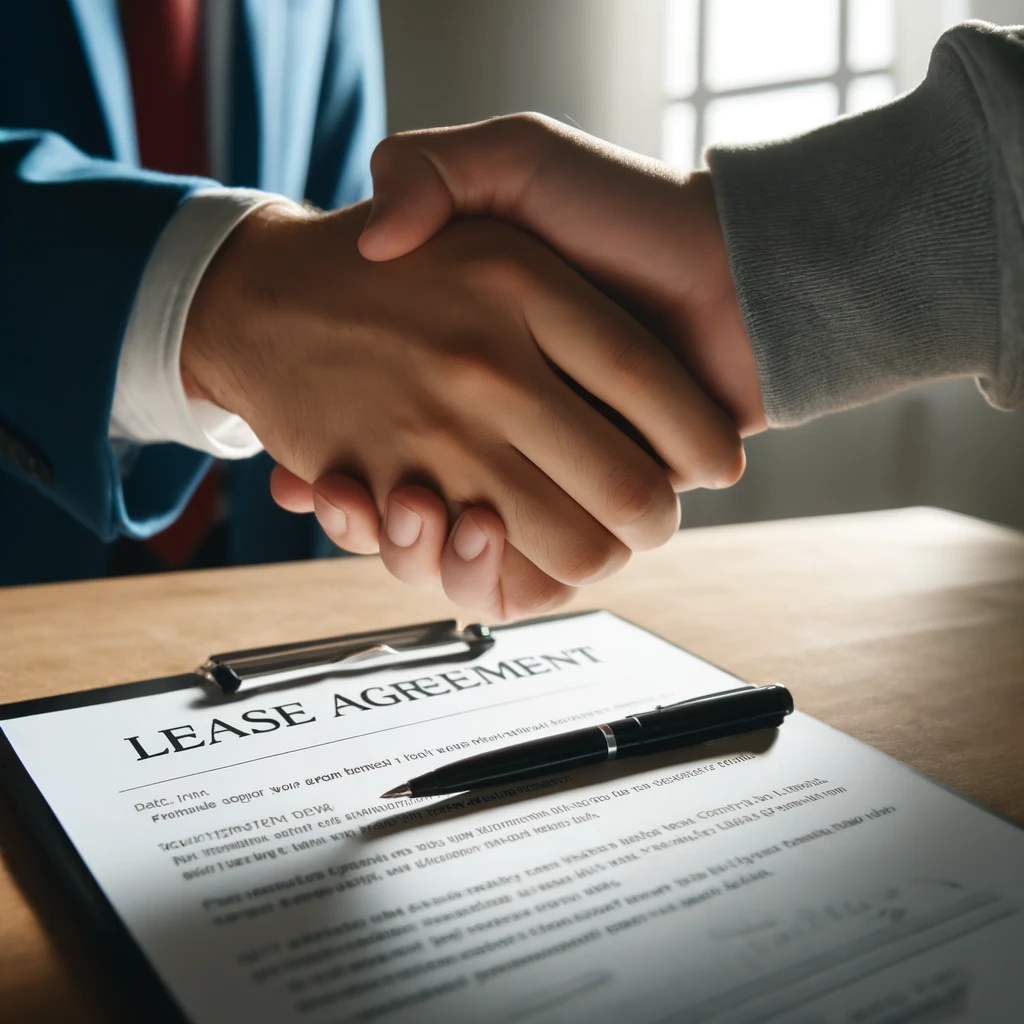1. Your Right to a Safe and Habitable Home
As a tenant, you have the legal right to live in a property that is safe and meets health and safety standards. This is known as the right to a "habitable" home, and it’s one of the most fundamental tenant protections in the U.S.
-
Basic utilities: Landlords are responsible for providing essential services like water, electricity, heating, and plumbing. If these services aren’t functioning properly, it’s the landlord’s responsibility to fix them.
-
Timely repairs: If something in your rental unit breaks (e.g., a leaky roof or faulty wiring), you have the right to request repairs. Most states require landlords to make repairs within a reasonable timeframe, typically within 30 days or sooner for urgent issues.
-
Legal options if repairs aren’t made: If your landlord fails to address serious issues, you may have legal options such as withholding rent, arranging for repairs and deducting the cost from your rent, or even breaking the lease. However, these options vary by state, so be sure to check your local laws.
2. Your Lease: Understanding the Fine Print
The lease is a binding contract between you and your landlord that outlines the terms of your rental. Understanding your lease is crucial, as it spells out both your rights and your obligations as a tenant.
-
Rent details: The lease should specify how much rent you owe, when it’s due, and what happens if you’re late on payments. It’s important to follow these terms closely to avoid penalties or eviction.
-
Lease duration and renewal: Your lease should clearly state the length of your rental agreement, whether it’s a month-to-month or fixed-term lease. Be sure to know when your lease expires and how to renew it if you plan to stay.
-
Security deposits: Your lease will also explain the terms of your security deposit. In most states, landlords must return the deposit, minus any damages, within a set time period after you move out. Keep track of your lease’s security deposit terms to avoid any confusion.
3. Your Responsibility to Pay Rent on Time
As a tenant, one of your main responsibilities is to pay rent on time. Failing to do so can lead to late fees, eviction notices, and damage to your credit score.
-
Late payment penalties: Many leases include late fees if rent isn’t paid by a certain date. Make sure you understand the grace period (if any) and the amount you’ll owe if rent is late.
-
What to do if you can’t pay rent: If you’re struggling to make rent, it’s better to communicate with your landlord early rather than ignore the problem. Some landlords may offer payment plans or extensions, but it’s important to get any agreement in writing.
-
Eviction for non-payment: If you don’t pay rent for an extended period, your landlord may start the eviction process. However, landlords must follow legal procedures to evict you, including giving proper notice and filing in court.
4. Your Right to Privacy and Quiet Enjoyment
Tenants have the right to privacy, meaning your landlord can’t enter your home without permission or notice (except in emergencies). You also have the right to "quiet enjoyment," meaning you should be able to live in your rental without unreasonable disturbances.
-
Landlord entry rules: In most states, landlords must provide notice (usually 24-48 hours) before entering your rental unit for inspections, repairs, or showing the property to prospective tenants.
-
Handling neighbor disturbances: If you’re dealing with noisy neighbors or other disturbances, it’s best to start by speaking to them directly. If the issue persists, you can contact your landlord or local authorities to resolve the matter.
5. Responsibilities for Maintaining the Property
While landlords are responsible for major repairs and keeping the property safe, tenants have responsibilities too, such as maintaining the rental and using it properly.
-
Basic upkeep: Tenants are expected to keep their rental clean and in good condition. This includes regular cleaning, disposing of trash properly, and preventing damage beyond normal wear and tear.
-
Notifying the landlord of issues: If you notice any issues with the property (e.g., leaks, pests, or broken appliances), it’s your responsibility to inform the landlord as soon as possible. Delaying could make the problem worse, and in some cases, you could be held responsible for damages that result from negligence.
-
Respecting common areas: If you live in a building with shared spaces, such as laundry rooms or hallways, it’s your responsibility to use these areas respectfully and follow any posted rules.
6. Unique Insights: Handling Lease Disputes
Even if you understand your rights and responsibilities, disputes with your landlord can still arise. Here are a few tips for handling disagreements effectively:
-
Document everything: Keep written records of any communication with your landlord, especially concerning repairs, rent payments, and disputes. Having a paper trail can be helpful if issues escalate.
-
Know when to seek legal help: If you believe your rights are being violated and the issue can’t be resolved through communication, it may be time to consult with a tenant rights advocate or lawyer. Many cities offer free or low-cost legal services for renters.
Conclusion: Know Your Rights, Respect Your Responsibilities
Understanding your rights and responsibilities as a tenant is key to ensuring a positive rental experience. By knowing what’s expected of you and what protections you have, you can navigate your rental with confidence and avoid common pitfalls.
















